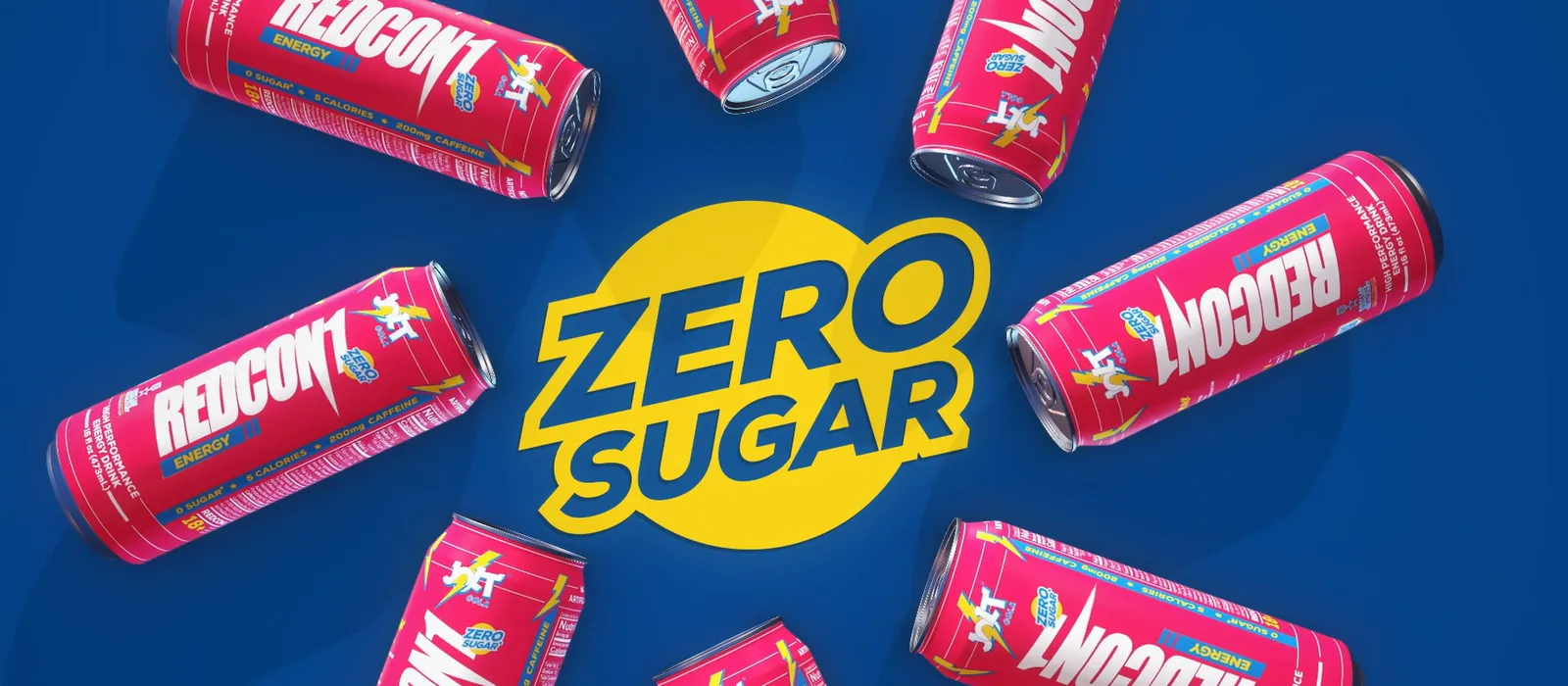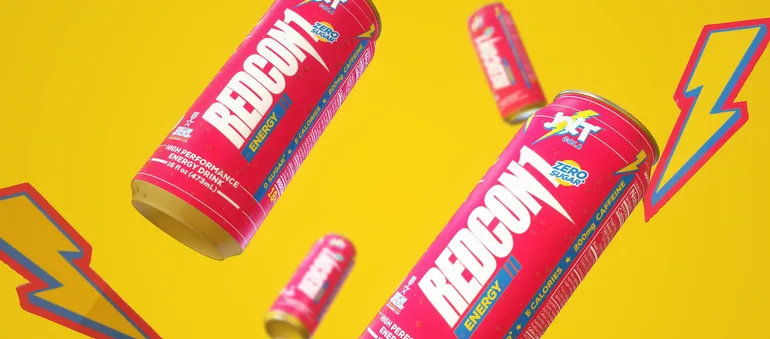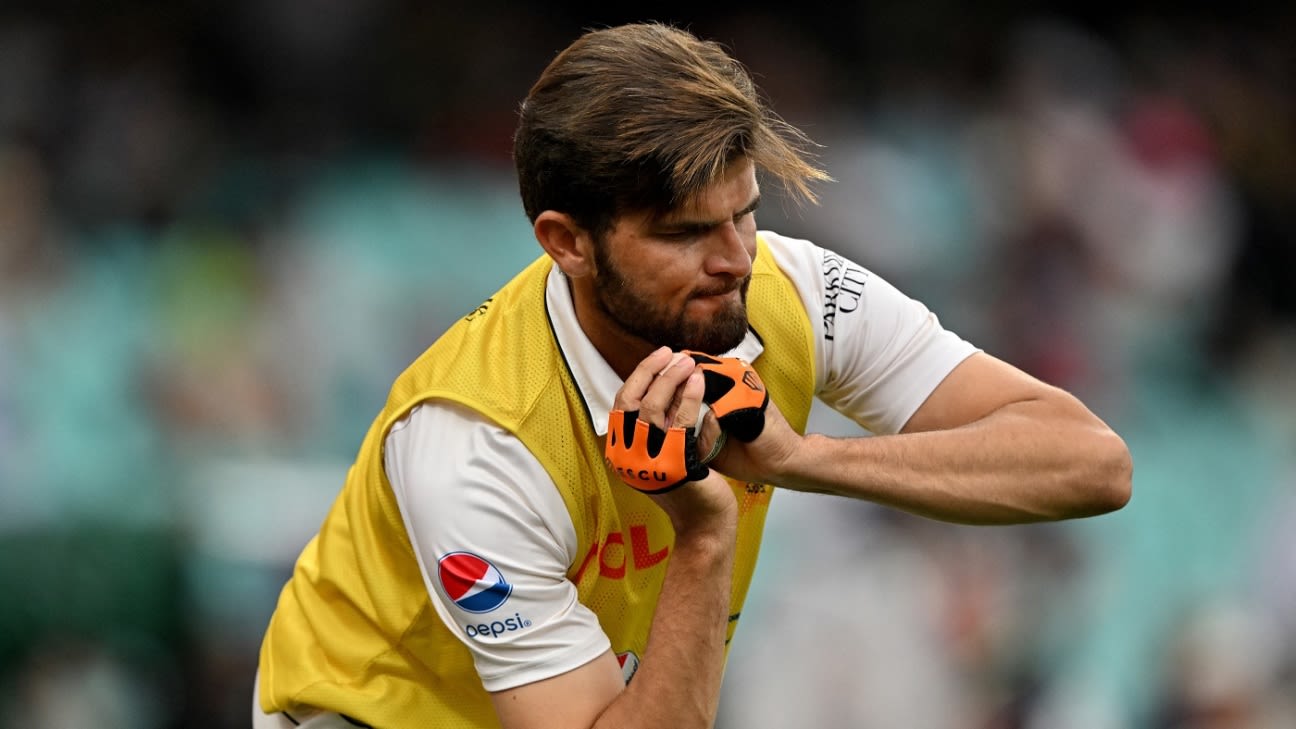Long before Monster, Red Bull and Celsius dominated the energy drink market, consumers chugged Jolt.
The soda, which had twice the caffeine of other colas, was a mainstay on shelves in the late 1980s and 1990s — and a frequent point of contention between kids who wanted to try it and their parents who were quick to say no.
As fast as Jolt appeared, it suddenly disappeared. Market competition and a costly canning contract weighed on Jolt, prompting its founder to file for bankruptcy in 2009. Jolt briefly returned to the market in 2017, but a lack of distribution prevented it from gaining momentum and it disappeared again … until now.
Aaron Singerman, a child of the 1980s who wasn’t allowed to drink Jolt, is confident the buzz-inducing beverage hasn’t run out of energy. Singerman, the founder of Florida supplement and energy drink company Redcon1, is bringing the iconic beverage back. But this time, the 44-year-old is doubling down on Jolt’s caffeine-laden reputation to reposition it as an energy drink.
Jolt is expected to return to shelves early in 2025, pitting it against other well-established brands in the crowded $19 billion energy drink market. Redcon1 is receiving early interest for Jolt from convenience stores and supermarket chains.
“We think of it kind of like a Coke Zero,” Singerman said. “People are going to drink it and go, ‘Wow, this tastes great,’ and they’re not evening thinking about the energy factor.”

Optional Caption
Permission granted by Redcon1
Redcon1 executives are optimistic the beverage’s nostalgic history will attract consumers who grew up with the brand while attracting Gen Z shoppers, a demographic that is a big user of energy drinks and has shown a penchant for embracing the mantra that “what’s old is new.”
“To the older audience like us, we remember when we weren’t allowed to have it,” said Ryan Monahan, Redcon1’s chief marketing officer. “So that has that nostalgia play. But then just looking at industry trends, some of the old stuff is making a comeback with the Gen Z, they’re kind of reimagining these older type of experiences or brands or products in a new way.”
Redcon1 dedicated 18 months to developing a flavorful cola-based energy drink, a challenge the company said has confounded similar offerings in the market that often taste flat or generic. Executives said Redcon1 combined the high-performance energy trait consumers demand with the taste of a premium zero-sugar cola, bridging the gap between energy and a crisp and refreshing flavor.
To perfect its cola, Redcon1 hired flavor scientists, including one individual who helped Bang Energy create several of its best-selling offerings. Redcon1 also turned to the internet for help, scouring eBay to buy as many cans of old Jolt as it could to replicate the taste and color. The team quickly realized that opening a cola from 1985 failed to preserve its crisp, refreshing taste, rendering an unreliable benchmark for flavor.
“I don’t ever remember [Jolt] tasting particularly good. And the ones we have now don’t taste good,” Singerman said. “Thirty-some-year-old sodas didn’t age as well as we would have hoped. That said, this still delivers an experience.”
Redcon1 is making some changes to today’s Jolt. It’s more than doubling the caffeine from 71 milligrams to 200 milligrams and switching to sucralose as the sweetener instead of sugar. The can size is increasing, too, going from 12 ounces to 16 ounces. And Jolt will now include focus-enhancing nootropics, B vitamins, and non-stimulant metabolism booster — appealing to consumers seeking functional benefits from their energy drinks.
The initial reintroduction of Jolt will feature the iconic cola flavor. Redcon1 plans to launch additional limited-edition Jolt flavors that bring the brand into ready-to-drink pre-workouts and energy shots.
Redcon1 plans to market the beverage on social media platforms such as TikTok, YouTube and Facebook, while partnering with influencers who have connections with younger and older shoppers.
Singerman is optimistic that Jolt’s taste and ability to connect with a larger consumer base will position it to grab even a small slice of the energy drink market. The category is “big enough that … that would still be a win,” he said.
Still, not all consumers will be able to try the new Jolt. Singerman, a father of three boys ages 12, 9 and 7, is revisiting his own childhood experience by prohibiting his own kids from drinking it.
“I still wouldn’t give it to my kids,” he said with a laugh. “They’re not going to be drinking our Jolt Cola.”







